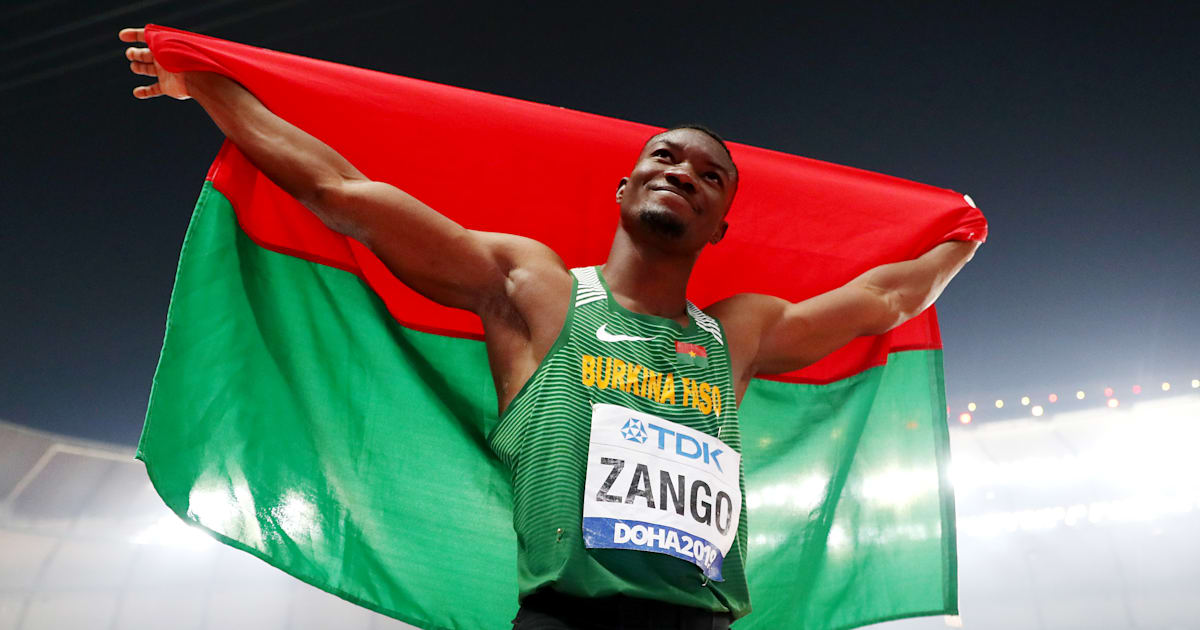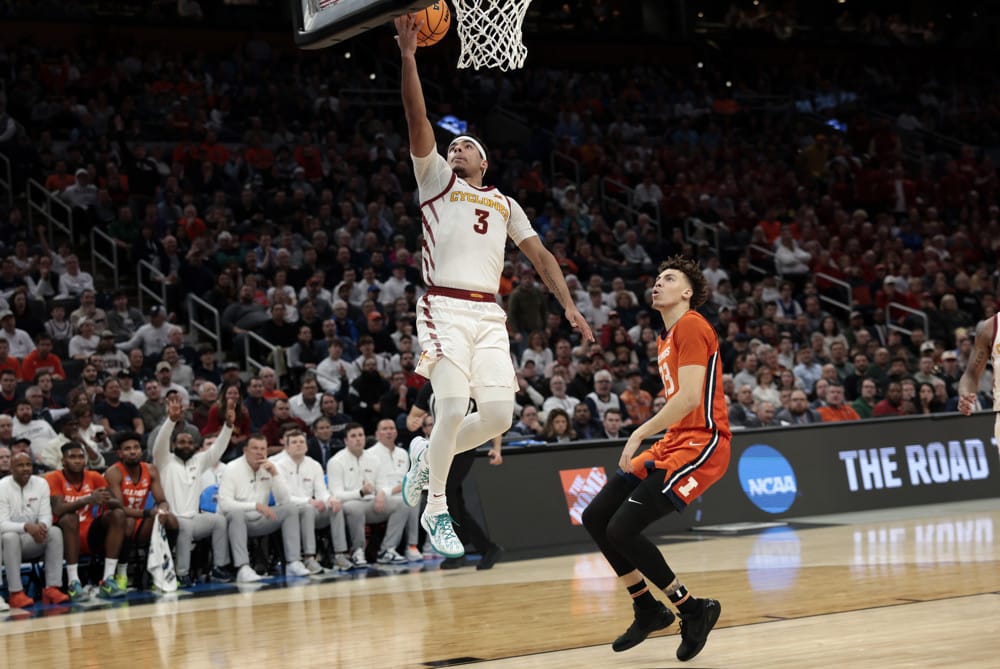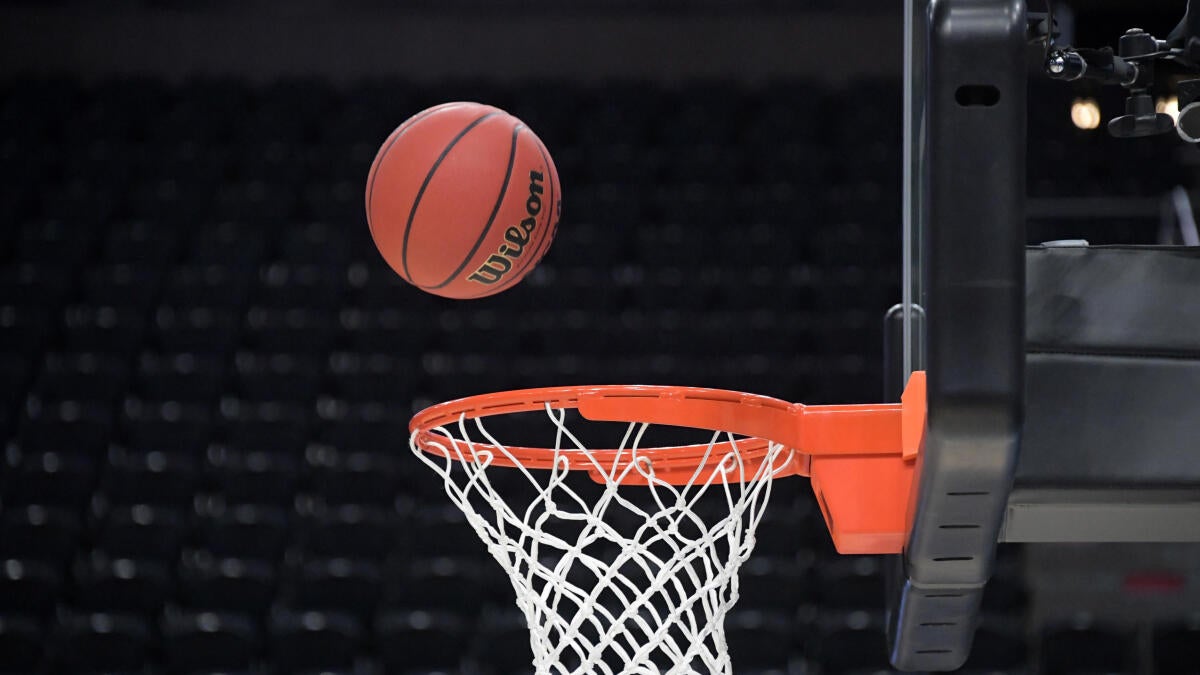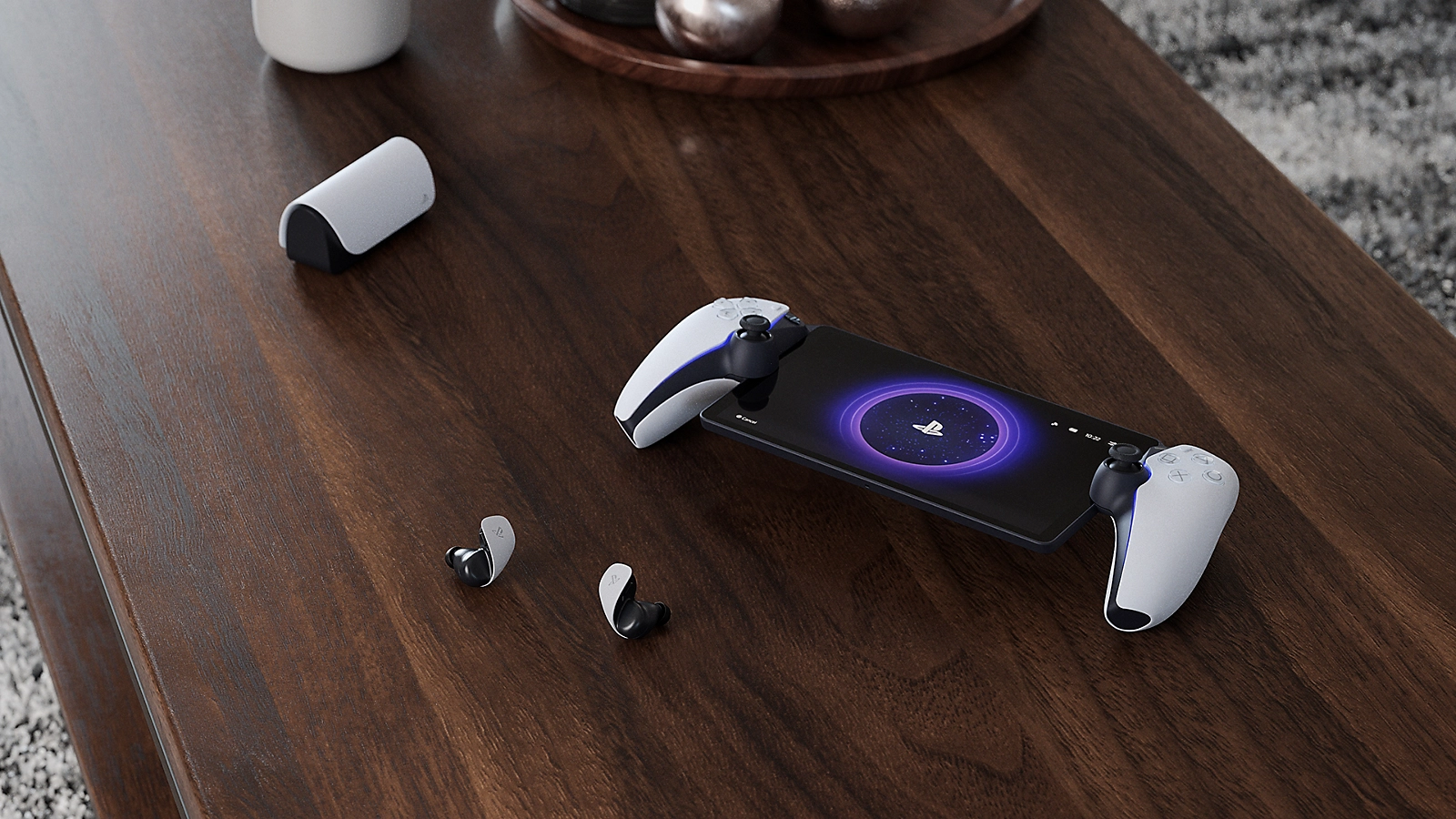Sports
Hugues Fabrice Zango on how a sports psychologist made all the difference in winning Burkina Faso’s first Olympic medal

Letting go of fear is key, says Zango
Zango had reached the fifth round out of six in Scotland and was still sitting second behind the first-round jump of 17.35 by Algeria’s Yasser Triki.
A second-round attempt of 17.33 was the closest to that point, but Zango needed more.
“When I woke up in the morning, I told myself, I don’t want to go back to my bedroom without this gold medal,” he says. “I really wanted it. Since my outdoor gold medal, I really wanted to get the last gold medal from World Athletics before the Olympics… but that puts you under pressure, so it’s not easy to manage.
“My first jump, I just did 16.69, but this is not me. I told myself, okay just breathe and see what happened. I go back to see my coach and he told me that, yeah, this was wrong, you run like that.
“I tried, I tried, and I tried, but I took the information for my run up, for my jumping from the second jump to the fourth jump… I knew from the 17.35 that I have it in my legs, so I just have to mentally set myself to do it now.
“And, when I set myself, all the fears go, and finally, I told myself, just jump.
“It’s exactly the same scenario as this summer (in 2023) when I did my best jump at the fifth, and finally I got the gold. So, I want to say that maybe the fifth and the sixth jumps are my best jumps. So, guys,” he says, looking directly into the camera and pretending to talk to his competitors, “be ready until the end of the competition. You. Are. Aware.”
Zango laughs as he emphasises the last three words.
His coach, to whom he turned when he was struggling to find his “fire” in the competition in Glasgow, was another benefit of being supported by the Olympic Solidarity programme, and has been another piece of the puzzle needed for Zango’s world breakthrough. And it’s not just any coach. It’s Teddy Tamgho.
The Frenchman, the 2013 world champion, won with a distance of 18.04 metres, the sixth-best triple jump of all time. The world record, which is Zango’s ultimate aim, is Britain’s Jonathan Edwards’ 18.29 metres, achieved at the 1995 World Championships.
Tamgho also previously held the indoor record with a mark of 17.90, secured in 2010 until it was beaten by a certain West African athlete 11 years later, with a distance of 18.07.
Untimely injuries kept Tamgho out of competing at an Olympic Games, and it is with this in mind that the 34-year-old announced in March 2023 that he was returning to the field of play to try and qualify for his home Olympic Games: Paris 2024.
Still coach to Zango, the roles also now reverse, as they help each other toward a potential showdown when the triple jump competition begins at the iconic Stade de France on 7 August.
Both need to be selected by their respective National Olympic Committees first, but for Zango, for whom the Olympics in Paris will be pretty much a home Games, the input from Tamgho has been invaluable.
“With the help of the scholarship, I had more resources to contract a more qualified coach like Teddy,” says Zango. “I was able to put in place a system, which helped me train with him and do more competitions.”
So what did Tamgho bring to the table exactly?
“First of all, we started to structure his training programme because he didn’t have any structure in his programme,” Tamgho told Olympics.com in Scotland where he was acting solely as coach for Zango.
“I tried to give him all the experience that I gathered through my career and about the experience of how to deal with the competition, how to deal with new situations, how to have more adaptation to the competition. That’s the main thing that I try to provide him.”
During the heat of the world title bid, those interactions did indeed prove fruitful after Tamgho could see that his charge just needed to relax. Easier said than done, so how did he do it?
“He’s a visual man,” explains Tamgho. “So, I’m moving when I’m talking, when I’m speaking with him, and when he looked at me, he understands why I want what I want from him. And he did the same, duplicated what I’m doing.”
Zango also took a moment to remember what he’d been taught by the psychologist to make sure he reaches optimal performance during these tense moments.
“Sometimes you need to breathe,” he says, “only breathe.”
- Zango is an Olympic Solidarity Scholarship holder – find more information here.
* As National Olympic Committees have the exclusive authority for the representation of their respective countries at the Olympic Games, athletes’ participation at the Paris Games depends on their NOC selecting them to represent their delegation at Paris 2024.
* Click here to see the official qualification system for each sport.










